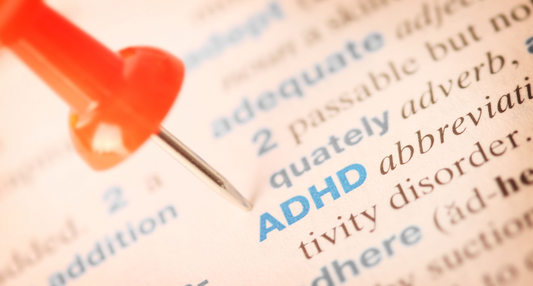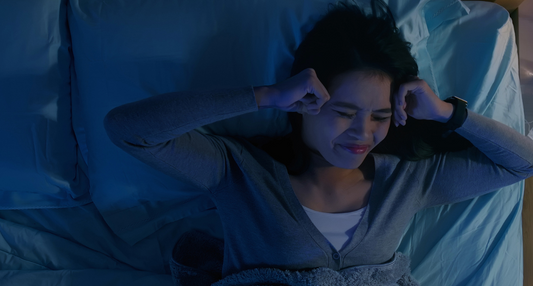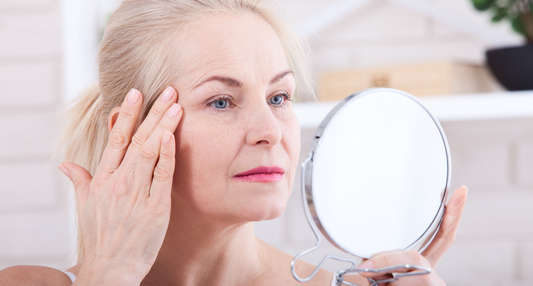Sleep Hygiene
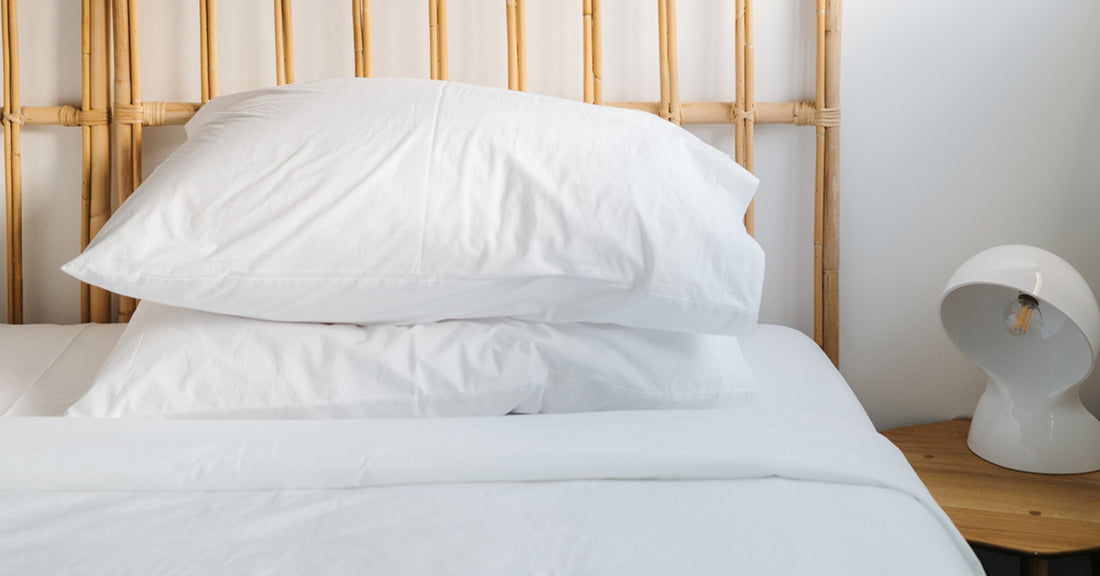
Share
There isn’t a clever way to say this, so I’m just going to put it out there plain and simple: MAKE SURE THAT YOU GET ENOUGH SLEEP.
- Putting sleep first may be an effective method to lower cortisol levels. Cortisol levels have been linked to chronic sleep problems, including obstructive sleep apnea, insomnia, and shift work (8Trusted Source).
- Cortisol levels were found to be greater in workers who slept during the day (night shift workers) rather than at night (day shift workers) in a review of 28 research studies on shift workers.
- In addition, insomnia is a sleep disorder characterized by difficulties sleeping. Many factors can contribute to insomnia, including stress and obstructive sleep apnea. This can lead to a rise in cortisol levels in the bloodstream, influencing your daily hormone cycles, energy levels, and other aspects of your health.
You may not have perfect control over your sleep schedule if you work the night shift or rotate shifts, but there are some things you can try to improve your sleep:
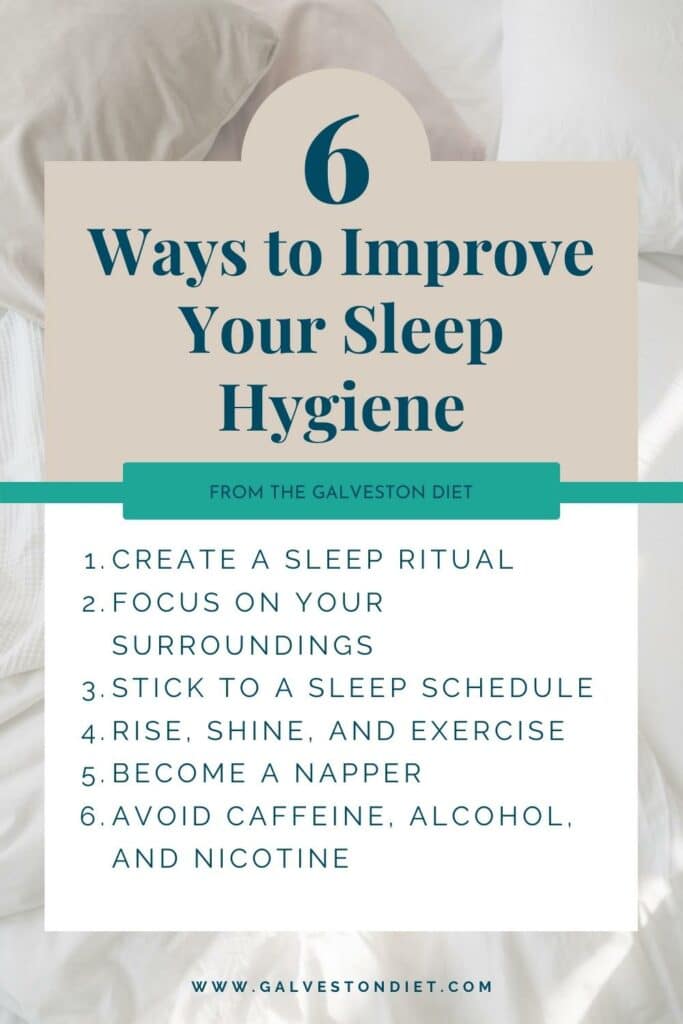
Create A Sleep Ritual
Most of us created a bedtime ritual for our children when they were young. My daughters’ bedtime routine included a bath and reading a story together before bedtime. We should be doing something similar for ourselves as adults. A consistent nighttime ritual (e.g., showering, reading a book, etc.) will signal your brain and body to begin slowing down for the night. Once you start your Sleep Ritual, use white noise, earplugs, or silence your cell phone to reduce disruptions. Even better, place your cell phone in another room to avoid temptation.
Focus On Your Surroundings
At night, limit your exposure to bright light. Reduce your exposure to bright and blue light from electronics 45–60 minutes before bedtime. Try reading a book or listening to a podcast instead of reading from your phone in bed.
Stick To A Sleep Schedule
Make a plan before your week gets busy. Look over your schedule and put together a sleep schedule that you can stick to. Go to bed and wake up at close to the same time each day. One of the most effective techniques to improve sleep is to keep a regular sleep pattern. How many hours do you need? According to the Mayo Clinic, The optimal amount of sleep for most adults is seven to eight hours of good sleep each night.
Rise, Shine, And Exercise
Regular exercise first thing in the morning can help you sleep better. If your lifestyle doesn’t support morning exercise, try to fit it in at least 2–3 hours before you plan to go to bed.
Become A Napper
Take a short nap when you can. If you work shifts and don’t get enough sleep, napping can help you stay awake and avoid a sleep deficit. If you are a non-shift person, your nap should only be between 15-30 minutes to avoid interrupting your sleep schedule later that night.
Avoid Caffeine, Alcohol, And Nicotine
Caffeine-containing foods and beverages, nicotine products, and alcoholic beverages should be avoided 6 hours before bedtime. All three substances have the potential to impact the quality and length of your sleep.
Sleep Hygiene is one of the critical components to reducing stress, hunger pangs, and early aging. Try making a plan and make it fun. Purchase some new sleepwear or maybe some new cozy bedsheets. Do whatever you need to do to place value on the daily rest that is required for longevity. Try it for 7 days and then check in with how you feel. Take note of the effort, but also the results. Sweet Dreams!!
References
https://www.mayoclinic.org/diseases-conditions/insomnia/expert-answers/lack-of-sleep/faq-20057757




